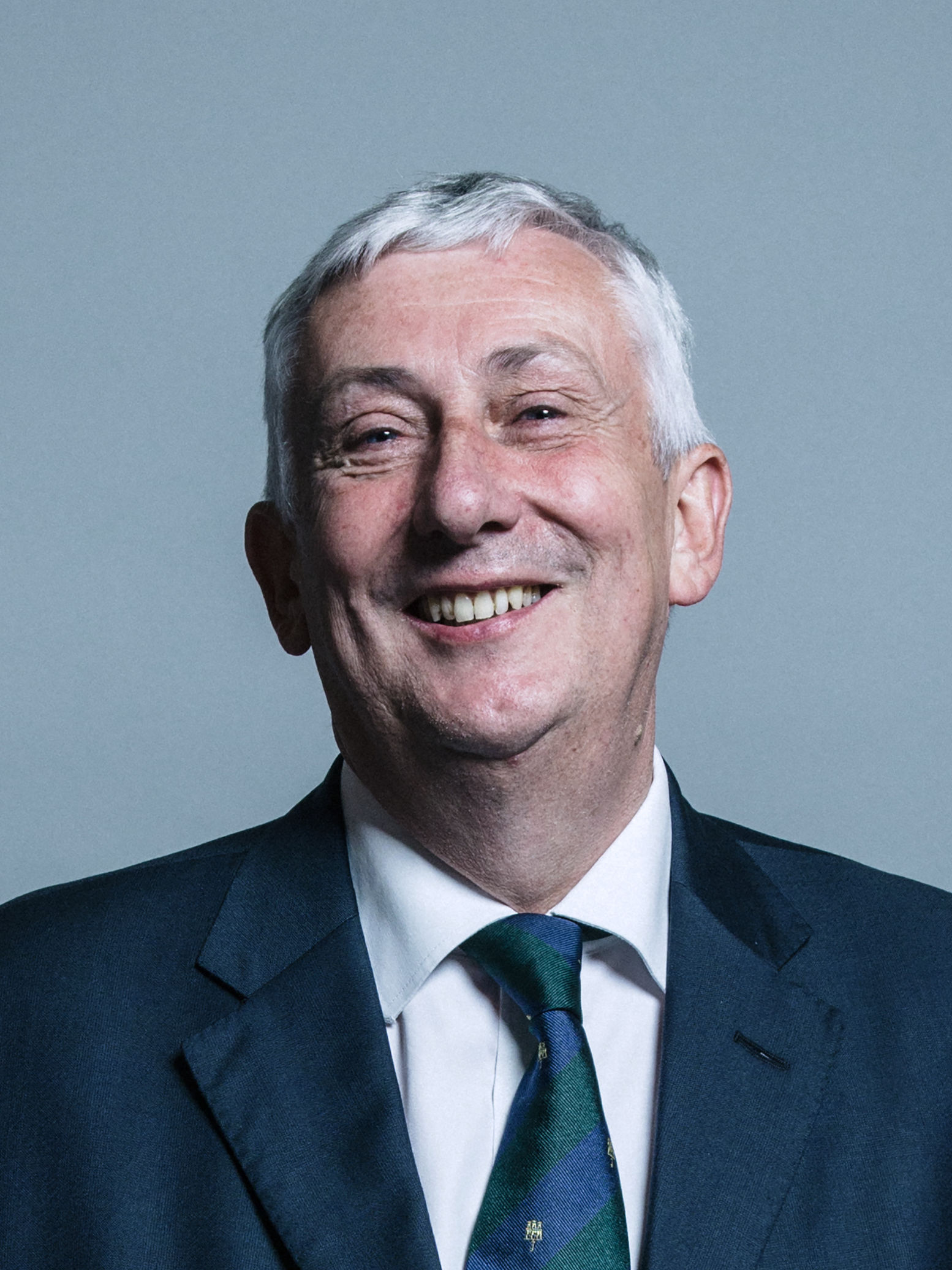Baroness Hodgson of Abinger – 2016 Parliamentary Question to the Department of Health
The below Parliamentary question was asked by Baroness Hodgson of Abinger on 2016-04-25.
To ask Her Majesty’s Government what assessment they have made of the effectiveness of the National Stroke Strategy and whether the strategy has achieved its aims.
Lord Prior of Brampton
No formal assessment has been made of the effectiveness of the National Stroke Strategy or of whether it has achieved its aims. However, we know that good progress has been made on stroke in recent years, with mortality rates decreasing.
Part of this progress is undoubtedly due to improvements in the treatment of stroke, where we have made great strides in several areas. The most recent data from the Sentinel Stroke National Audit Project shows that:
– Over 48% of patients receive brain scanning within one hour of hospital arrival and over 90% within 12 hours;
– 84% of stroke patients spend more than 90% of their time in hospital on a stroke unit;
– Clot busting drugs give a certain cohort of stroke patients a better chance of regaining their independence. 11% of stroke patients admitted to hospital receive these drugs; and
– Over 78% of patients are assessed by a specialist stroke physician within 24 hours of admission, showing that stroke services have made good progress in delivering 7 day specialist medical services.
However we know there is more to do and increases in levels of obesity and an ageing population lead to new pressures.
That is why a Cardiovascular (CVD) Disease Outcomes Strategy was published in 2013. It sets out key actions for commissioners and providers to help further improve outcomes in Coronary Heart Disease, stroke and other cardiovascular diseases.
NHS England hosts a CVD outcomes collaborative which brings together the relevant National Clinical Directors, the main relevant national charities, the National CVD Intelligence Network, Public Health England and the Department of Health. This collaborative continues to coordinate delivery of the work which was initiated in the CVD Outcomes Strategy.
In February this year, the National Institute for Health and Care Excellence published interventional procedure guidance on mechanical clot retrieval (thrombectomy) for treating acute ischaemic stroke. The guidance sets out that current evidence on the safety and efficacy of this procedure is adequate to support its use, provided that standard arrangements are in place for clinical governance, consent and audit. This guidance does not oblige commissioners to commission thrombectomy nor hospitals to provide it.
NHS England is now undertaking work to inform a decision on whether this is a procedure that should be made more widely available.



